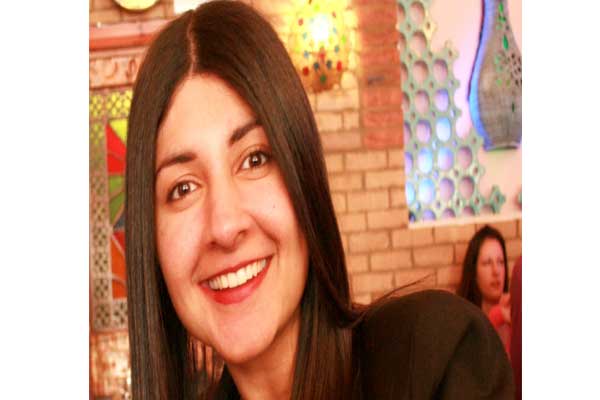Unitas Communications has provided Responsible for Equality And Liberty (R.E.A.L.) the following interview with Tehmina Kazi, director of British Muslims for Secular Democracy. R.E.A.L. supports the leadership, courage, and consistency on human rights issues of Tehmina Kazi and the British Muslims for Secular Democracy, and R.E.A.L. has previously posted on the BMSD’s leadership and activities.
British Female Muslim Director of BMSD Explains the Need for Secular Democracy
Question to Tehmina Kazi: What are the reasons behind the title ‘British Muslims for Secular Democracy’ (BMSD)?
Response: We distinguish between procedural secularism and ideological secularism. Ideological secularism is the type of model that is practiced in France and Turkey, where we see for example headscarf bans in university and we want to distance ourselves from that kind of secularism. We support instead, procedural secularism where the state remains neutral but different faith groups and of no faith have the chance to express their voices in the public sphere and everyone gets an equal share of the public sphere. We also want to highlight the benefits of living in a democracy and how British Muslims can become more successful democratic actors.
Question: What is BMSD doing to engage with British Muslims on a grass-roots level?
Response: On a grass roots level, I am the facilitator for the Young Muslim Leadership Network which is being run by the Citizenship Foundation, so I facilitate monthly workshops for young people, mainly women actually and they talk about issues that are important to them and find individual ways to present these to policy makers. My group for example is filming a myth-busting documentary about Muslim women, busting myths about the hijab, talking about their career choices and educational aspirations. Also we do democracy workshops for refugees in East London and we talk to them about their civil rights.
Question: What does being a British Muslim mean to you?
Response: It means that you don’t see the two terms as mutually exclusive. You can be just as comfortable with your British identity and totally integrated at the same time by totally Muslim.
Question: Eight Muslim MPs were elected this year, three of them women. How will they affect change for Britain?
Response: They set a very important change as role models, especially for Muslim women because now Muslim women can look at MPs such as Rushanara Ali and Baroness Sayeeda Warsi, who is the first female Muslim in the cabinet and say that if they can do it, I can do it too.
The government’s Prevent agenda has isolated young Muslim males. What are the possible platforms on which they can counter these stereotypes?
There was a very good platform just this Sunday. There was a big public meeting in Birmingham, attended by Salma Yaqoob, Shami Chakrabarti from Liberty and Gareth Pierce, the human rights lawyer and there were a lot of Muslims present there and they aired their concerns. I don’t know if you’ve heard of the increased surveillance in residential areas in Birmingham and I’m a civil libertarian and me personally, I was very affected by this. The more we voice these issues by signing petitions, attending public meetings, going on TV programmes, radio programmes to explain why this is wrong and why this is wrong approach is important. We need to do more of these things.
Question: Why is it important that Muslim youth vote?
Response: Because if you don’t vote then you shouldn’t complain when you see MPs ignoring your interest and hot shod of your wishes and implementing things such as the surveillance in Birmingham and the 42-day detention period. It is the individual that can make these changes within themselves, such as writing a letter to an MP. It’s the apathy that is the biggest enemy to both Muslims and non-Muslims.
Question: There have been news reports of Muslim parents removing their children from music lessons in a south London school. Many Muslim parents want to instil specific Islamic principles in their child’s education. Do you think it is possible to negotiate this in a school setting?
Response: I don’t think they should have the right to withdraw their child from music lessons. Children benefit most from a well-rounded education. What we need to do is to educate the parents because there’s a big difference from Mozart and a rap song. There are already comprises being made for other lessons such as swimming, where you have girls only lessons and that’s fine. But with something as universal as music, I mean why would you want to withdraw your child from that? Next you’ll have children being withdrawn for all arbitrary reasons. This has been going on for a long time, and is worse in areas such as Bradford and Ealing.
Tehmina Kazi took up the position of Director of British Muslims for Secular Democracy in May 2009. Prior to joining BMSD, she was a Project Officer at the Equality and Human Rights Commission, where she worked on a ground-breaking inquiry into the Human Rights Act and its impact on public service delivery, undertaking research, writing policy briefings, facilitating focus groups and interviewing victims of human rights violations.
To find out more about the BMSD, visit their website at: http://www.bmsd.org.uk/index.asp

